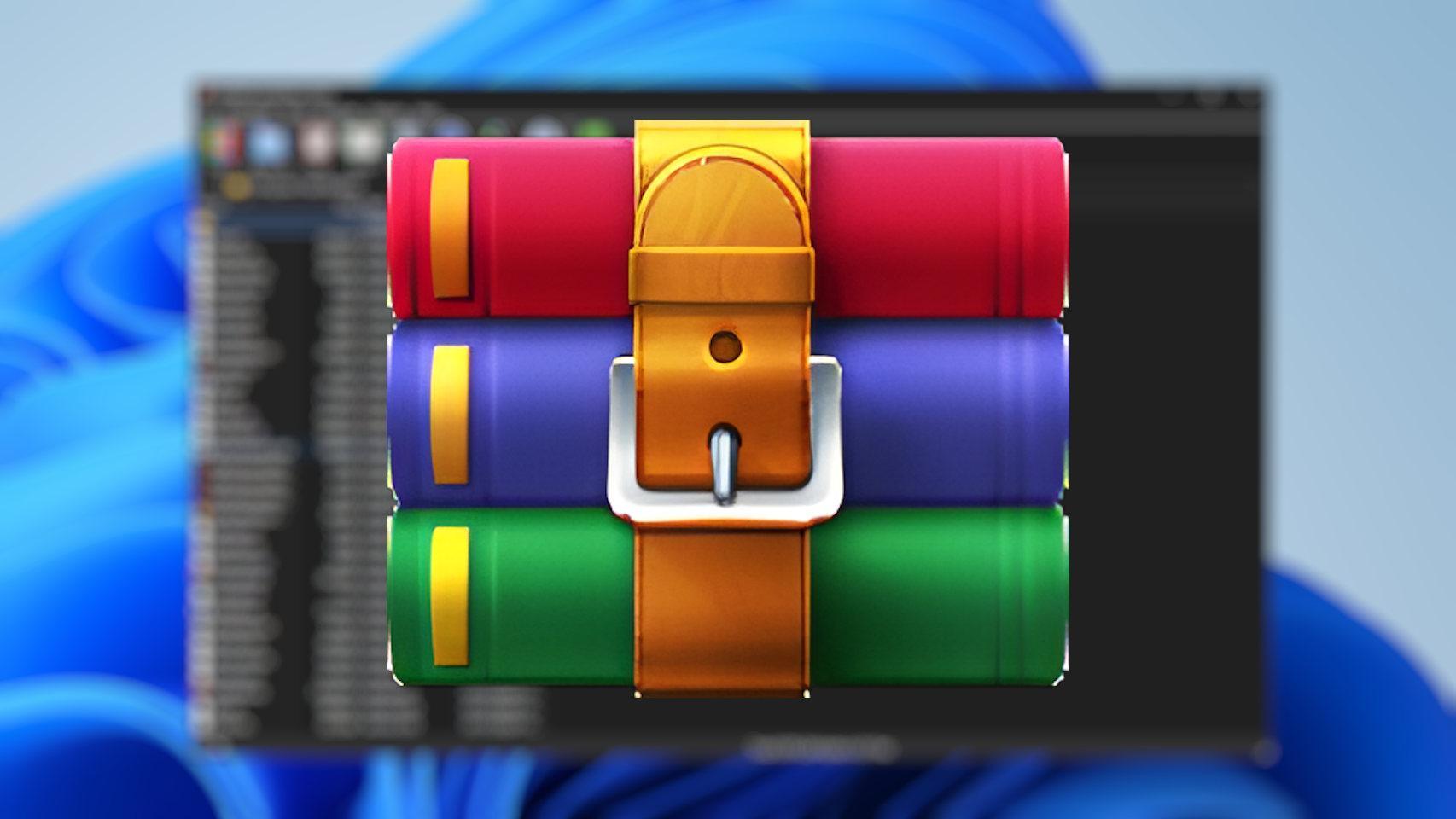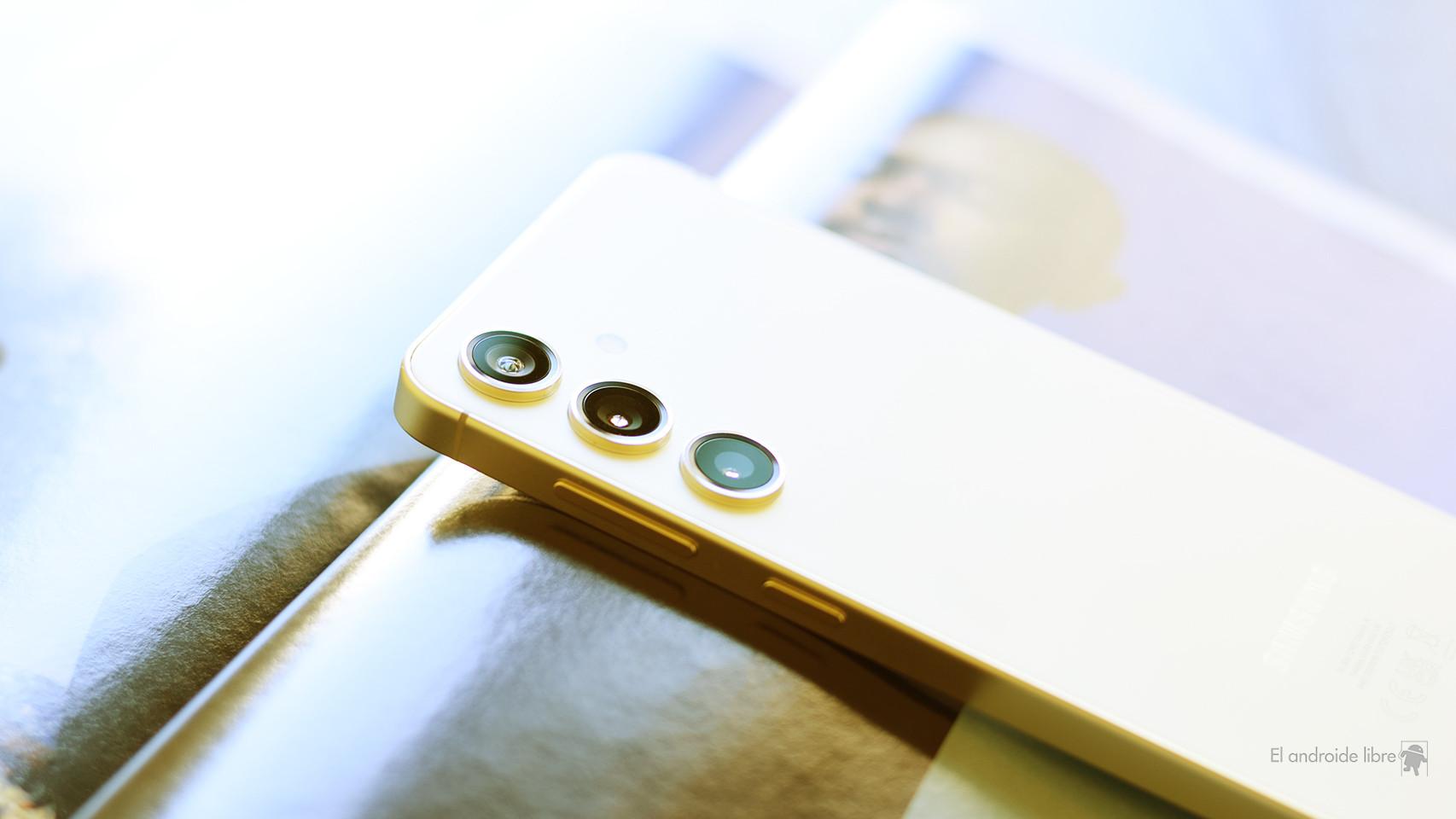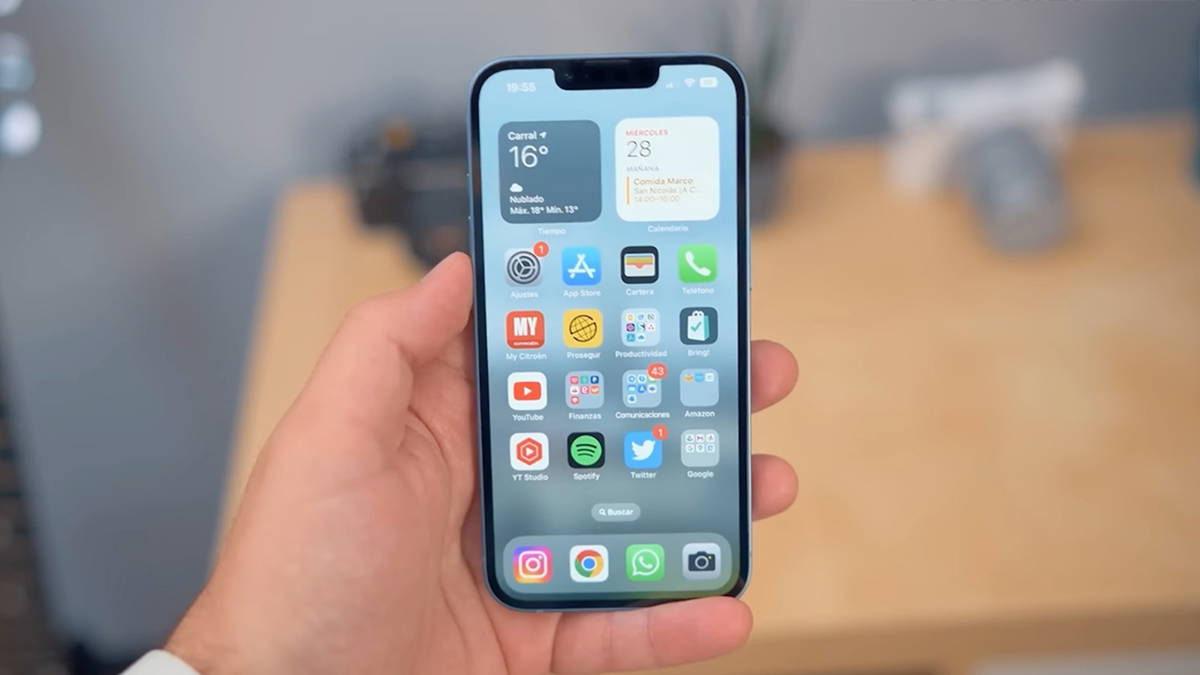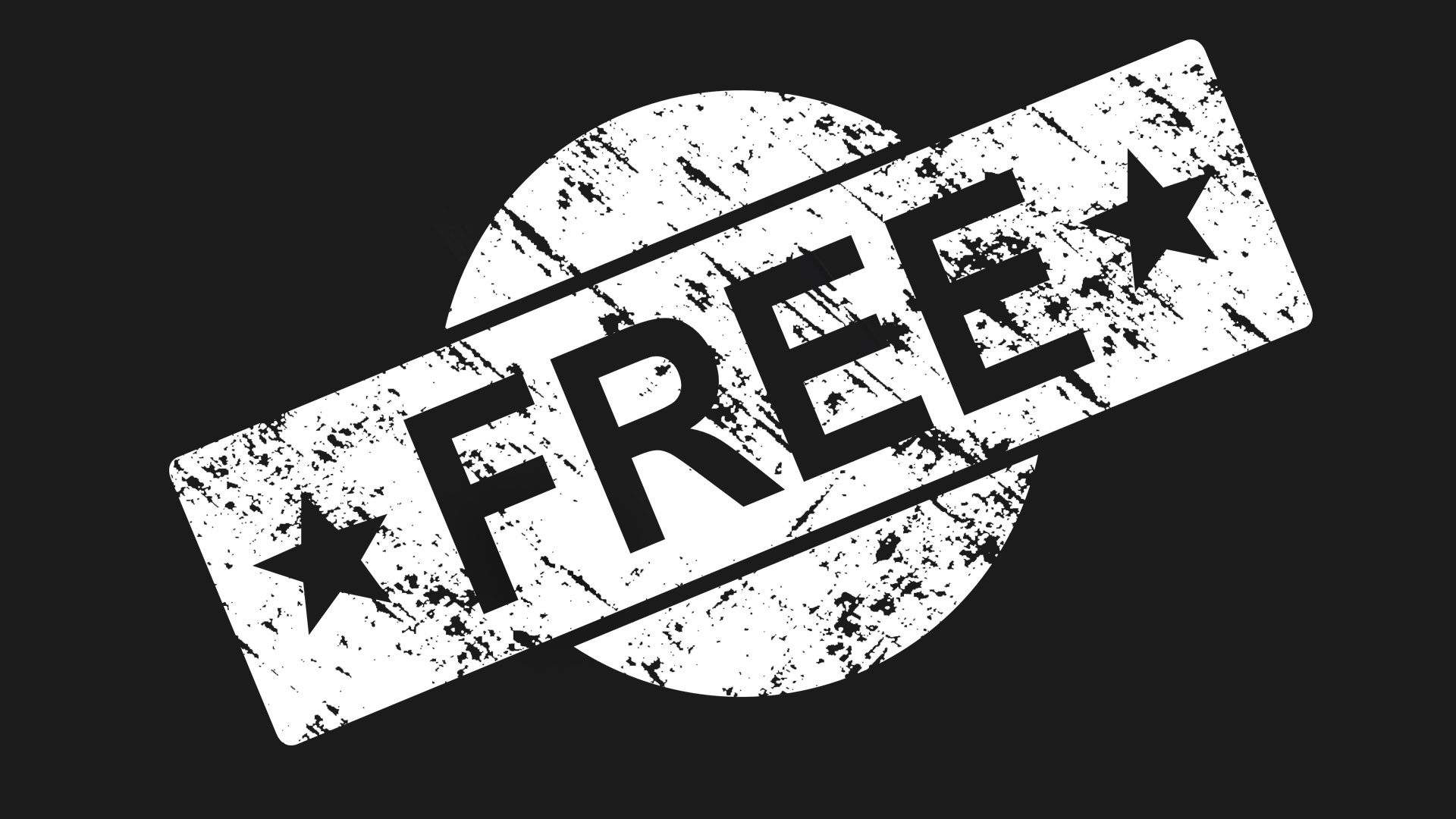If you received an email with the subject Back up WhatsApp and call history, the best you can do is ignore it and delete it. WhatsApp has never sent backups like this: it is a Trojan horse that will try to infect your PC by opening the attached file.
Previously, they took away Nigerian princes who struggled to move their money, but the crooks had to modernize their premises to keep doing it, swindle. A modern attempt that seems plausible, but it is not, is an email in which we are told that we can download the backup copy of all our WhatsApp messages.
Ignore this message
The Internet Security Office echoed this new fraudulent email which claim to be official WhatsApp message
The message in question arrives with a subject similar to Back up WhatsApp messages, followed by a phone number and the WhatsApp sender. Inside, a supposed WhatsApp backup is detailed, which includes deleted messages, read messages (?) And restored messages.

In the body of the message you will find the link Download see conversation history, th is is where the Trojan will be downloaded to your PC. The PC will be infected if you do not have an active antivirus that detects and stops it, if you download the file and open it.
If you received this message, you don’t have to worry until you download and open the file. If this is the case, Internet Security Office recommends that you follow these “first aid” steps to disinfect your PC.
WhatsApp does not send backups

When you export a chat and send it by email, the sender is you, the process is instant and you have to do it manually
Whether the post looks official or not, its content doesn’t really make sense. WhatsApp never sends backups via email. Additionally, WhatsApp backups cannot be downloaded, but are stored in Google Drive or iCloud, internally and only accessible by the app itself.
Whether it is possible to ask WhatsApp to generate a file with everything the service knows about you, the file itself doesn’t contain your conversations, but metadata, your profile information, and nothing else. WhatsApp conversations are encrypted and therefore cannot be decrypted by WhatsApp servers to generate a file that you can download and read.
WhatsApp will not email you backup copies without remembering it, as these are internal copies that it uses to restore the account from Google Drive or iCloud
On the other hand, it is possible export full WhatsApp conversation, but this is done from the app itself and instantly. Although you can share this export via email, you send the email and all files are included as attachments, not as a link. Finally, deleted WhatsApp messages are not saved in the backup for the simple reason that they are deleted.
The conclusion is simple: if you receive a message from WhatsApp – or from any other application – it offers you something you didn’t ask for, it’s best to ignore it, especially if it prompts you to download or open something on your mobile or PC.









